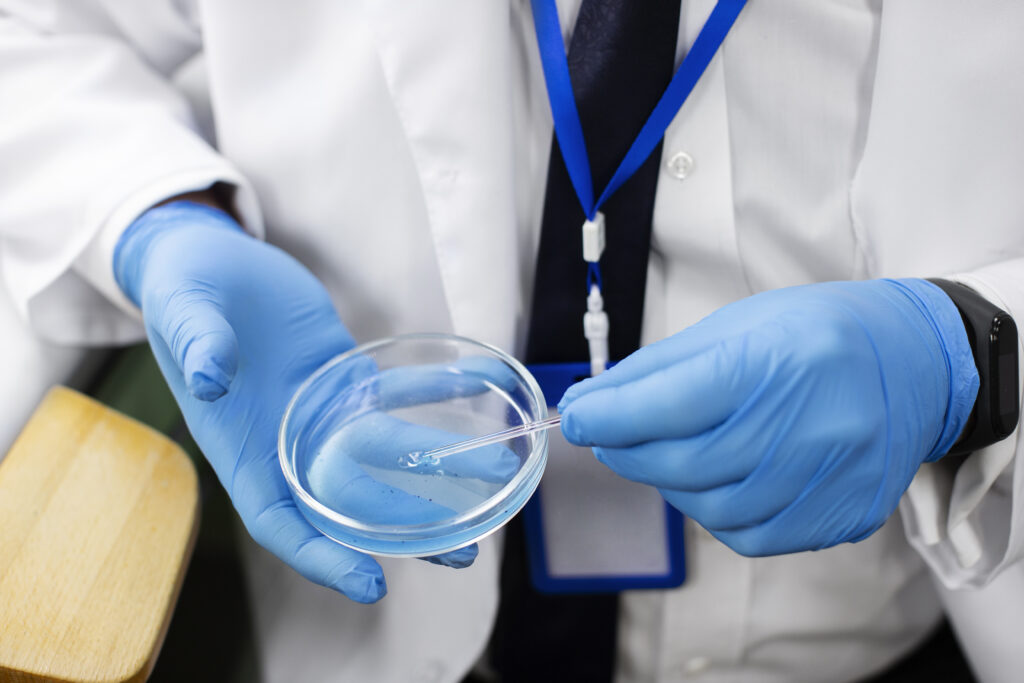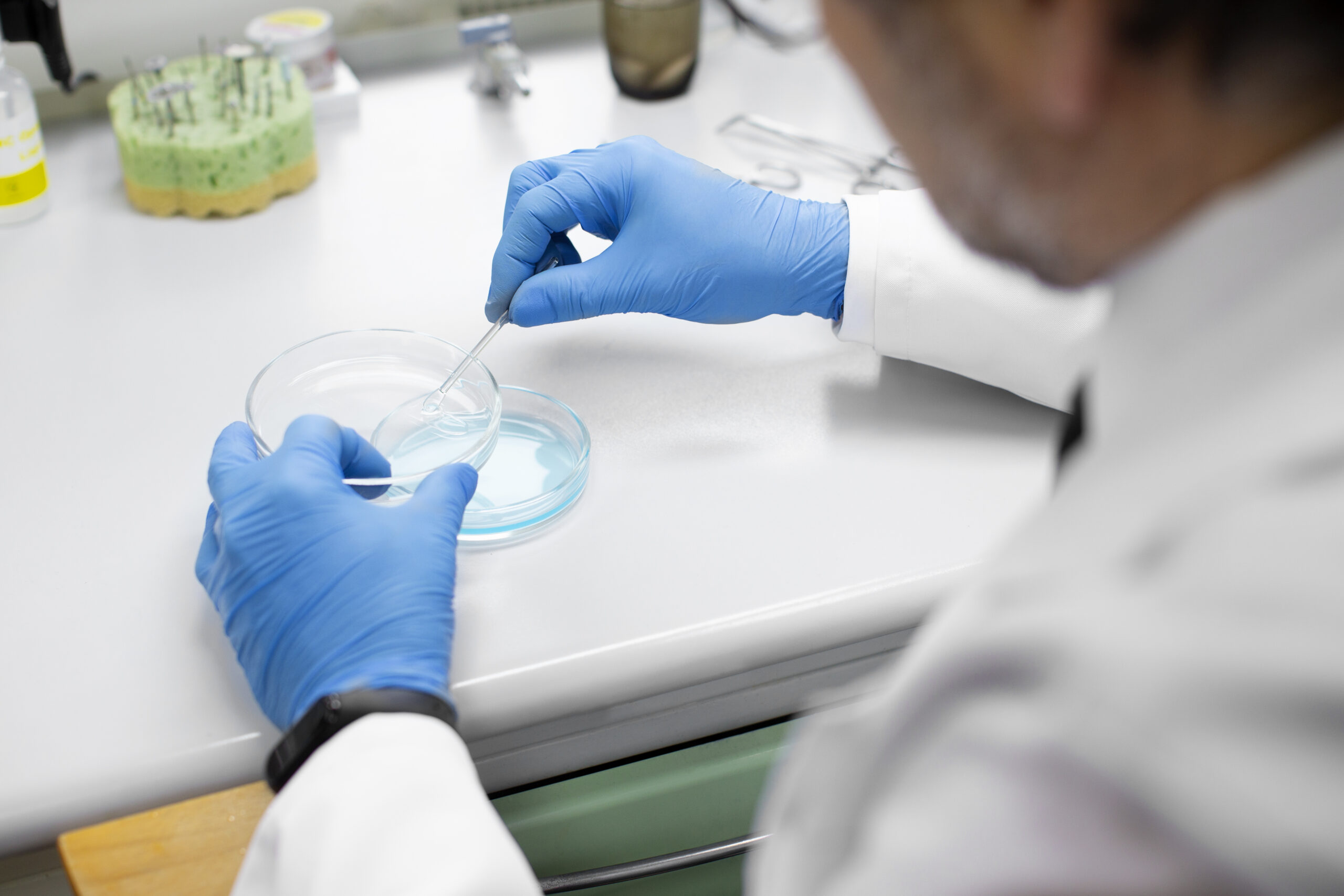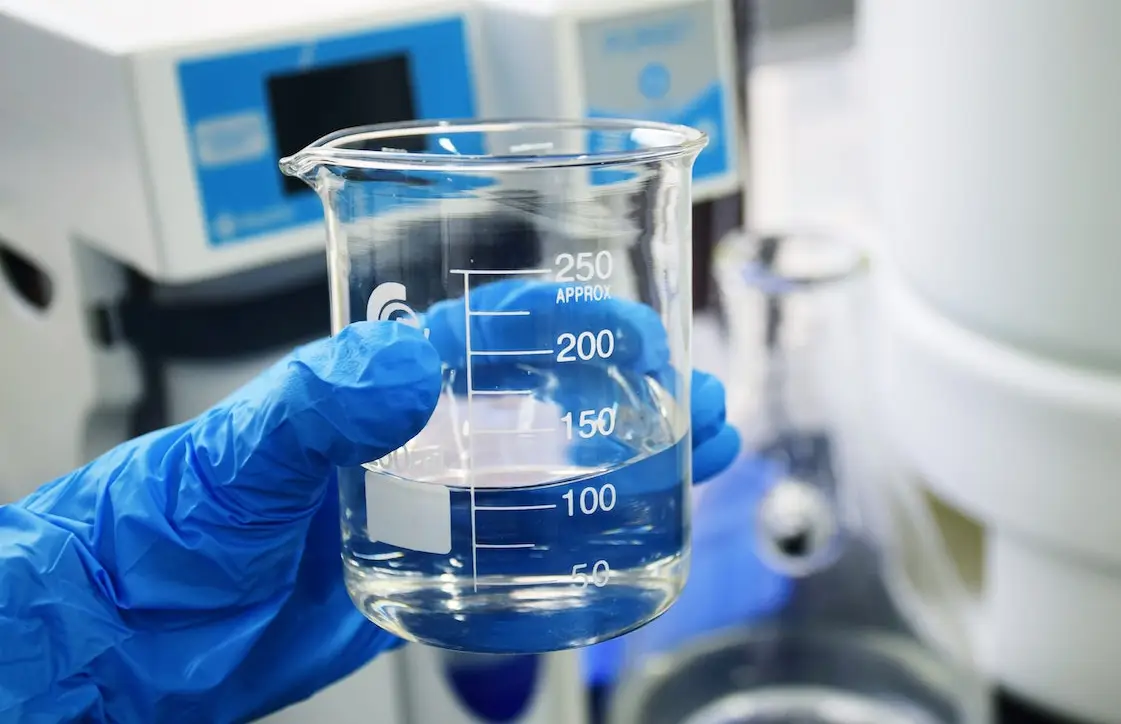One of the most important resources for human survival is water, but when it's contaminated, there can be major health problems. Worldwide, there is growing concern about waterborne infections, especially in places where access to clean drinking water is few and sanitation is poor. Numerous dangerous diseases, chemicals, and toxins that endanger public health can be found in contaminated water.
By detecting and tracking harmful pollutants, water testing laboratories are essential to the protection of communities. These labs assist in detecting the presence of dangerous chemicals and microorganisms in water by extensive and routine testing, guaranteeing the safety of the water ingested. In this blog, we will discuss the importance of water testing labs' services for preserving public health as well as how they aid in the prevention of waterborne illnesses.
The Growing Threat of Waterborne Diseases
Pathogens that spread through tainted water are the source of waterborne illnesses. Protozoa, viruses, bacteria, and parasites are some of these pathogens. The most prevalent waterborne illnesses include giardiasis, cholera, dysentery, and typhoid fever. In severe situations, these infections can be fatal. They frequently cause severe gastrointestinal symptoms such as vomiting, diarrhea, and dehydration.
The World Health Organization (WHO) reports that waterborne illnesses are a major global cause of illness and mortality, especially in impoverished nations. Long-term effects of contaminated water also include immune system weakness, malnourishment, and cognitive decline in children.
Water testing labs are on the front lines of this battle, conducting vital tests to identify these pathogens before they can cause outbreaks. Without the intervention of these labs, contaminated water could easily go undetected, leading to widespread public health crises.
How Water Testing Labs Detect Contaminants
Water testing labs employ various advanced testing methods to ensure water safety. These methods are designed to detect various contaminants, from harmful microorganisms to chemical pollutants. Here are some of the key contaminants that water testing labs are equipped to detect:
1. Pathogens
One of the primary functions of a water testing lab is to test for pathogens that cause waterborne diseases. Bacteria such as Escherichia coli (E. coli), Salmonella, and Vibrio cholerae, along with viruses like Hepatitis A and rotaviruses, are common culprits of waterborne illnesses.
2. Chemical Contaminants
Contaminated water can include microorganisms as well as harmful substances including pesticides, lead, mercury, and arsenic. These compounds are frequently found in agricultural or industrial runoff, and long-term exposure can cause chronic illnesses like cancer, neurological impairment, and problems with a child's development. To make sure that these contaminants are below the safe limits set by regulatory organizations, water testing labs examine samples of water.
3. Toxins from Algal Blooms
Harmful algal blooms (HABs) can happen in places where the water is stagnant or moves slowly, releasing toxins into the water supply. These pollutants may result in liver damage, gastrointestinal problems, and skin irritations. Algal toxins are tested for in water testing labs, especially in freshwater environments like lakes and rivers that are vulnerable to these blooms.

The Role of Water Testing Labs in Preventing Outbreaks
Water testing labs serve as the first line of defense against outbreaks of waterborne disease by routinely testing water sources. Early detection of impurities allows for the treatment of the water or the provision of alternative, safe water sources for the population. The following are some ways that water testing labs help to stop the spread of waterborne illnesses:
1. Early Detection and Intervention
The capacity of water testing labs to identify pollutants early is their main advantage. When dangerous materials or microbes are found, authorities can take action to stop the contamination before it affects more people. This proactive strategy aids in halting the spread of epidemics of waterborne illnesses.
For instance, after intense rains that resulted in sewage overflow, a water testing lab in Chennai found elevated levels of E. coli in a nearby water source. Local health officials were able to avert a potential health emergency by issuing a public notice and cleaning the water supply in response to the lab's findings.
2. Ensuring Compliance with Water Quality Standards
Water suppliers are required to comply with stringent water quality requirements imposed by governmental and regulatory entities. Water testing labs are crucial in making sure that these requirements are followed since they keep a close eye on water sources and distribution networks. For example, all suppliers in India are required to abide by drinking water quality requirements issued by the Bureau of Indian Standards (BIS). Water testing laboratories offer the information required to guarantee that water providers are adhering to these regulations and that the public's water supply is safe to drink.
3. Public Health Awareness and Education
Apart from conducting tests, water testing labs also contribute to raising public awareness about water safety and the risks of contamination. They provide valuable insights into the state of local water supplies, empowering communities to take action to protect themselves. For instance, when testing reveals elevated levels of a contaminant like lead, the lab may recommend certain filtration systems or alternative water sources to mitigate the risk.
The Importance of Regular Water Testing
Maintaining long-term water quality and avoiding pollution requires routine testing of water sources. New contaminants can be introduced even in locations where the water is thought to be clean by environmental changes like floods, industrial activity, or infrastructure problems. Water testing labs make sure that these changes are quickly detected and dealt with by regularly monitoring water sources.
Testing water regularly is equally important for businesses and industries. Businesses that produce food and beverages make medications, and work in agriculture all depend on clean water for their operations. Any pollution in their water source might lead to product recalls, legal troubles, or even consumer injuries. Businesses may make sure they maintain the highest standards for water purity by collaborating with a reputable water testing lab in Chennai or other areas.
Choosing the Right Water Testing Lab
It's critical to select a recognized institution that complies with international standards when picking a water testing lab. NABL (National Accreditation Board for Testing and Calibration Laboratories) in India is one such institution; look for labs that have this accreditation. Standardized testing processes are used by accredited labs, which also uphold high standards of accuracy and dependability.
It's also critical to take into account the range of tests that the lab offers. While some labs concentrate on chemical analysis or heavy metals testing, others may specialize in microbiological testing. It is best to deal with a water testing lab that provides a wide range of services catered to your particular requirements if you want complete water safety.
Conclusion
In the worldwide battle against diseases spread by water, water testing laboratories are essential. They assist in defending populations from the dangers of eating contaminated water by identifying pollutants early and making sure that water quality regulations are fulfilled. Water testing laboratories provide vital work in preserving public health and averting disease outbreaks, whether they are testing for chemicals, pathogens, or toxins.
In cities like Chennai, having access to a reliable water testing lab in Chennai is vital for both residential and industrial water safety. Regular testing and swift action based on lab results can mean the difference between a safe water supply and a public health crisis. With the increasing importance of clean water in today’s world, water testing labs continue to play a pivotal role in safeguarding our health and well-being.


